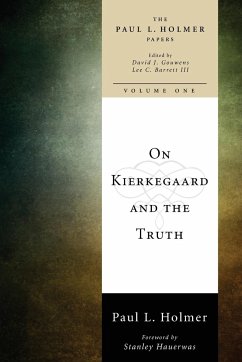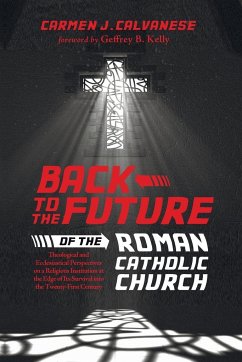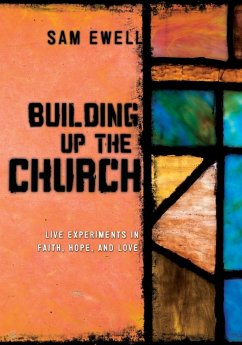Most of what is written on Kierkegaard today is for the college classroom and academic conferences. The guiding question of this book is that if Kierkegaard's words about Christianity are true, how do they change the way we learn and practice the Christian faith today? This book is an answer to that question. It does not enter into an extended critical discussion over the truth of Kierkegaard's ideas. Instead it just believes what Kierkegaard said and runs with it. It does that by showing how his ideas change our understanding of Christian identity, suffering and illness, worship and preaching, the Bible, baptism, prayer, marriage and divorce, criticism, and the Christian minister. Interspersed are many quotations from Martin Luther, whose thought significantly shaped Kierkegaard's. At the end of the book is a hefty collection of sermons to show how all of this can be preached in the church. What Kierkegaard for the Church adds to our understanding of Kierkegaard is the place of the church in his thought. Because of his criticisms of the Danish state church and his stress on the need for the single individual to appropriate Christian teachings, it could be imagined that he rejected the church. But that would be to throw the baby out with the bath. The fact is that Kierkegaard remained a loyal son of the church even while he attacked it. And he did this only so he could strengthen what he loved.
Hinweis: Dieser Artikel kann nur an eine deutsche Lieferadresse ausgeliefert werden.
Hinweis: Dieser Artikel kann nur an eine deutsche Lieferadresse ausgeliefert werden.









